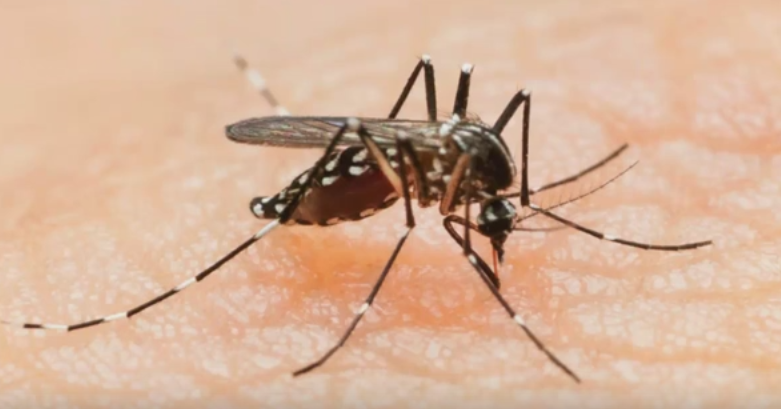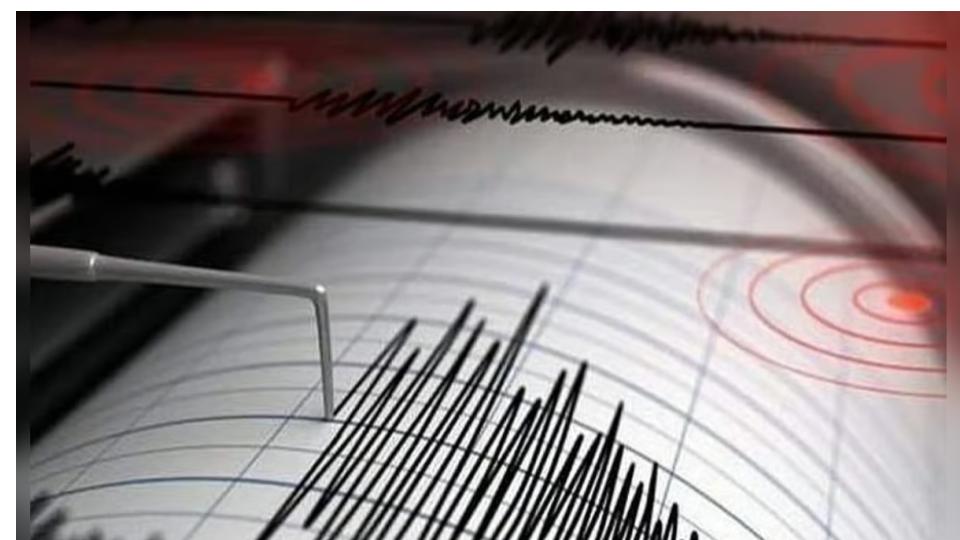South Korea detects first Zika virus case
Tue 22 Mar 2016, 12:15:16

South Korean authorities have detected the first Zika virus case in the country, the Korea Centres for Disease Control and Prevention (CDC) announced on Tuesday.
A 43-year-old man, who had made business trips to Brazil between February 17 and March 11, was tested positive for the mosquito-borne virus, Xinhua news agency quoted the agency as saying. The patient began developing fever and muscle ache from March 16.
Zika is known as a virus that spreads through bites from a specific mosquito. It is particularly risky for pregnant women as the virus is thought to be linked to a rare birth defect, microcephaly.
Microcephaly causes newborn babies to have an unusually small and damaged brain. New ultra-sensitive test for cancer developed. A new ultra-sensitive test has been designed to detect diseases including HIV and cancer, it may prove 10,000 times more effective than current diagnostic tools, say Stanford scientists.0
When a disease - whether it is a cancer or a virus like HIV - begins growing in the body, the immune system responds by producing antibodies. Fishing these antibodies or related biomarkers out of the blood is one way that scientists infer the presence of a disease.
This involves designing a molecule that the biomarker will bind to, and which is adorned with an identifying “flag.”
Through a series of specialised chemical reactions, known as an immunoassay, researchers can isolate that flag, and the biomarker bound to it, to provide a proxy measurement of the disease.
The new technique, developed in the lab of Carolyn Bertozzi, a professor of chemistry at Stanford University in U. S. augments this standard procedure with powerful DNA screening technology.
The chemists have replaced the standard flag with a short strand
of DNA, which can then be teased out of the sample using DNA isolation technologies that are far more sensitive than those possible for traditional antibody detections.
of DNA, which can then be teased out of the sample using DNA isolation technologies that are far more sensitive than those possible for traditional antibody detections.
This is spiritually related to a basic science tool we were developing to detect protein modifications, but we realised that the core principles were pretty straightforward and that the approach might be better served as a diagnostic tool,” said Peter Robinson, a graduate student in Bertozzi’s group.
The researchers tested their technique, with its signature DNA flag, against four commercially available, U.S. Food and Drug Administration (FDA)- approved tests for a biomarker for thyroid cancer.
It outperformed the sensitivity of all of them, by at least 800 times, and up to 10,000 times, researchers said. By identifying the biomarkers of disease at lower concentrations, physicians could theoretically detect the diseases in the earlier stages.
“The thyroid cancer test has historically been a fairly challenging immunoassay, as it produces a lot of false positives and false negatives, so it was not clear if our test would have an advantage,” Robinson said.
A clinical trial underway in collaboration with the Alameda County Public Health Laboratory will help evaluate the technique as a screening tool for HIV, researchers said.
Early detection and treatment of the virus can help ensure that its effects on the patient are minimised and reduce the chance that it is transmitted to others.
“In contrast to many new diagnostic techniques, this test is performed on pre-existing machines that most clinical labs are already familiar with,” said Cheng-ting Tsai, a graduate student in Bertozzi’s group.
The research was published in the journal ACS Central Science.
No Comments For This Post, Be first to write a Comment.
Most viewed from International
Most viewed from World
AIMIM News
Latest Urdu News
Most Viewed
May 26, 2020
Where should be the burial of the pilgrims martyred in the Saudi Arabia bus accident?
Latest Videos View All
Like Us
Home
About Us
Advertise With Us
All Polls
Epaper Archives
Privacy Policy
Contact Us
Download Etemaad App
© 2025 Etemaad Daily News, All Rights Reserved.





































.jpg)
.jpg)
.jpg)


